How to support LGBTQ coworkers?
Model acceptance and inclusion, especially if you're in a leadership position
A great way to create a safe and welcoming climate is to celebrate LGBTQ+ holidays and other events like National Coming Out Day and Pride Month as part of normal office culture. Another good strategy is to highlight the work of LGBTQ+ colleagues and be proactive in creating an environment where they feel comfortable talking about their experiences, said Nicholas Grant, a psychologist who specializes in LGTBQ+ issues and public policy.
"You can help by fostering space for LGBTQ+ coworkers to be able to express their own thoughts about their experiences, fears, thoughts, and hopes," Grant told Insider.
Visual, nonverbal cues of support can include items with rainbows (a traditional symbol of LGBTQ+ support) or trans colors. Signage specifically stating "everyone is welcome here" or denoting safe spaces is also helpful. Even if you're a cisgender person (someone whose gender identity matches the sex they were assigned at birth), you can include your pronouns in your email signature or work bio. This helps make sure LGBTQ+ colleagues feel safe about being themselves at work.
If you aren't sure of someone's pronouns, ask
Another way to help is by paying close attention to the words you use, and how they might unintentionally send a message.
A basic way to show respect for your colleagues is by making sure you use the correct pronouns — he, she, they, or sometimes others like ze — for how that person identifies themselves. If you're not sure which pronoun to use, ask. You can help normalize using correct pronouns in the workplace by introducing yourself with your pronouns when meeting new people.
Similarly, if someone is talking about a significant other, partner, or ex, don't assume that person's gender, either. For example, a married female colleague could have either a husband or a wife, and it might be jarring for them if you incorrectly assume which.
"There are small interactions that can make a big difference," Glassgold said.
Never assume someone's identity or pressure your colleagues to come out
Unless a coworker specifically mentions or references their sexual orientation, it's unprofessional, inconsiderate, and in some cases dangerous to out them. First, you may be wrong, since there's no way to tell who is or isn't LGBTQ+ without asking them. Assuming that you can perpetuate harmful stereotypes.
Second, even if a colleague is LGTBQ+, it's important to let them decide if, when, and where to make their identity known. Keep in mind they may have to make this decision repeatedly, including when starting a new job, making friends with coworkers, and otherwise interacting with new people.
Finally, avoid putting an individual person in the uncomfortable position of speaking for the whole group — for instance, if your coworker is a lesbian, that doesn't mean she necessarily wants to talk about Ellen's latest political faux pas or weigh in on the latest LGBTQ+ rights controversy in front of the whole office.
Just because a person is LGBTQ+ doesn't mean they have the time, energy, or interest in representing the queer community on any particular issue. Not to mention, the LGBTQ community is a huge and diverse group of people, so it's also misguided to think any one person could be a stand-in for everyone else.
Speak up against homophobia, transphobia, and sexism
In addition to being mindful of your own behaviour, it's a good idea to become aware of what your LGBTQ+ colleagues might be dealing with at work, since discrimination often takes the form of microaggressions — seemingly innocuous jokes or comments that are actually derogatory and can contribute to a hostile work environment. It can be easy to let these slide, but to your coworkers, your silence may feel like acceptance or even agreement with these harmful attitudes.
One of the most important things you can do is check in with the person who may have been harmed. "A lot of people say it's better to support the person that's being discriminated against instead of confronting the bully," Glassgold said. A simple check-in or "I'm sorry that happened" is a good start, Glassgold suggested.
Read more: Here's what LGBT Gen Zers want from their future bosses — and where they want to work
However, particularly if the comments are persistent, it may be appropriate to directly intervene and explain why the behaviour is problematic. By doing this, you're showing your support for a colleague who may not feel safe or comfortable speaking up.
Educate yourself and others
One of the challenges for members of the LGBTQ+ community and other marginalized groups is being constantly asked to explain how they're discriminated against. One of the best things you can do as an ally is to take on that work yourself by checking out some reputable resources, including:
The Safe Zone Project (which also provides free online training)
GLAAD (formerly the Gay & Lesbian Alliance Against Defamation, expanded to include bi, trans, and other folx)
"Spend time getting to know the issues that are important to the LGBTQ+ community. Expand your knowledge and see how different policies impact people," Grant said.
As a bonus, be proactive about using your newfound education for good by passing it on to other people who are confused or have questions. Take the initiative in organizing a diversity training in your office, get involved with the office LGBTQ+ group (or help start one), or see what other community LGBTQ+ resources are available in your city or neighbourhood.
Here is more about how you can support students


